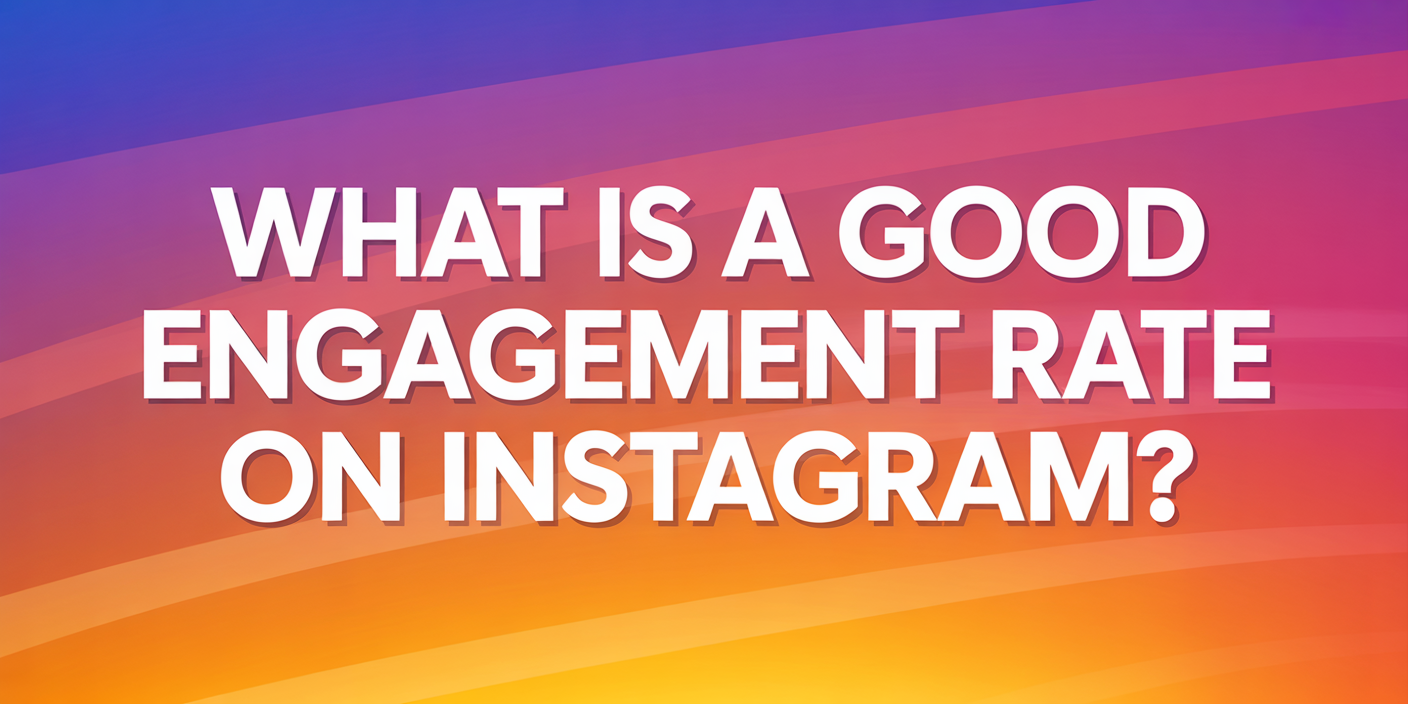Is Blogging Dead? Do People Still Blog?
In the fast-changing digital world, blogging is still alive and growing. Recent blogging statistics show a huge increase in blogs. From 50 million in 2006, we now have 572 million in 2022. And it’s expected to hit 600 million in 2024.
Even with social media and videos, blogging is still a key way to share content and market. A huge 77% of internet users read blogs often, spending about 37 seconds per post. This leads to real benefits for businesses and creators.
People blog for many reasons. Some share their lives, while others aim to grow their business. In fact, 76% of content marketers use blogs to get leads. And 55% see it as their main marketing strategy.
Let’s dive into the latest in blogging trends. We’ll see how it keeps changing and why it’s still important today. Whether you’re an experienced blogger or just starting, knowing these trends is key to success.
A Brief History of Blogging
The first blogs started in 1994, called “weblogs” or “personal web pages.” By 1999, the term “blog” became more common. This was thanks to platforms like Blogger and LiveJournal. It was a time when people shared their thoughts and lives online.
In 2002, blogging changed again. Google AdSense lets bloggers make money from their blogs. This year also saw the rise of “Mommy Bloggers” and the launch of Technorati, the first blog search engine.
The mid-2000s brought big changes. WordPress and TypePad launched in 2003, giving bloggers new tools. Video blogs became popular, focusing on visuals. Political blogs grew, and traditional media started to use blogging too.
Today, blogging is still going strong. There are over 150 million blogs, and 32 million Americans read blogs weekly. It’s a key way to share knowledge, connect with people, and influence what we buy.

The Current Blogging Landscape
Blogging is still important in 2024. Even though social media and videos are popular, blogs help bring in organic traffic. They do this through SEO, which is key.
Today, bloggers need to stand out in a crowded field. They must focus on specific topics and keep up with new tech like AI. Choosing the right blogging platforms is crucial for reaching more readers and making money.
Content trends are moving towards more multimedia. Bloggers are using different types of content to connect with their audience. Influencer marketing is also big, with many bloggers working with brands.
The technical side of blogging has gotten better. WordPress is more powerful, and hosting tech has advanced. This lets bloggers focus on making great content, not dealing with tech problems. Staying committed and persistent is key to success in blogging.
Reasons People Still Blog in 2025
Despite the rise of social media and video content, blogging remains a valuable tool for individuals and businesses. It continues to drive engagement, boost online visibility, and generate revenue. Here are the key reasons why blogging is still relevant in 2025:
- Lead Generation: Companies that blog 16 times a month get 4.5 times more leads than those who blog just four times.
- Community Engagement: Blogs allow direct interaction with readers, fostering loyalty and relationships.
- SEO Benefits: Blogging increases a site’s likelihood of ranking higher in search results by 434%.
- Sales Influence: 60% of people buy a product after reading about it in a blog post.
- Cost-Effective Marketing: Content marketing, including blogging, is 62% cheaper than traditional marketing while generating three times more leads.
- Monetization Opportunities: Some top bloggers earn over $30,000 per month.
With 77% of internet users regularly reading blog posts, there is a large audience for bloggers to engage with. This engagement can lead to valuable partnerships and collaborations. Additionally, blogging enhances a business’s online presence and trustworthiness, making it a powerful tool for both individuals and companies.

Who Blogs Today?
Blogging remains a major part of the digital landscape, with individuals and businesses using it to engage audiences and establish authority. Here’s a look at who’s actively blogging in 2025:
- Professional Bloggers: Food, lifestyle, and travel blogs attract over 50,000 visits per month, showing the ongoing popularity of niche blogging.
- Corporate Blogs: 71% of marketers recognize the value of blogging for brand awareness and product promotion.
- Niche Bloggers: With 77% of internet users regularly reading blog posts, niche blogging thrives by providing focused, expert content.
- SEO-Focused Bloggers: Those who master SEO can earn over $50,000 annually, with Google being their primary traffic source.
This trend benefits both bloggers and readers. Readers find tailored content that meets their needs, while bloggers build credibility and become authorities in their fields.
Corporate blogs also play a crucial role in building trust. 86% of consumers prefer authentic brands, and companies use blogs to showcase expertise and connect with potential customers.
The Impact of Social Media on Blogging
Social media has changed blogging a lot. Sites like TikTok and Instagram let bloggers share content in new ways. Now, many bloggers make shorter, more visual posts that are easy to share online.
Getting social media involved in blogging is key. It helps bloggers reach more people and get more engagement. For instance, some bloggers have seen their visitor numbers jump to over 20,000 in just a year. This can lead to more money from ads, with blogs earning $15 to $35 for every 1,000 visitors.
Using social channels to share content is now a big part of blogging success. Bloggers use these platforms to bring more people to their sites and help their search rankings. This method, called social SEO, has made social signals more important than traditional backlinks for visibility online.
Even with these changes, blogging is still important. Many bloggers like having control over their own sites. This is different from social media, where users may have limited control. As the internet changes, successful bloggers keep finding ways to mix social media trends with traditional blogging.
Challenges Faced by Bloggers
Blogging in 2025 comes with several challenges that make success harder to achieve. Here are the biggest obstacles bloggers face:
- Content Saturation: With millions of blog posts published daily, standing out is increasingly difficult. Only 0.05% of blogs qualify as truly exceptional.
- Time Management: Bloggers now spend an average of 3 hours and 51 minutes per post, a 60% increase from a decade ago. Those investing 6+ hours see better results, but balancing quality content with other blogging tasks is challenging.
- Monetization Struggles: While bloggers attempt to earn through ads, sponsored content, and product sales, only 25% report significant success. Consistently attracting and retaining traffic is crucial for profitability.
These challenges highlight the need for strategic content creation and SEO optimization. Effective time management is also crucial to building a successful blog in today’s competitive digital landscape.
How To Start a Blog in Today’s Environment
Starting a blog in 2025 is easier than ever, but success requires the right strategy. Here’s a step-by-step guide to setting up your first blog:
- Choose Your Niche: Pick a topic you’re passionate about, such as food, travel, or parenting. A focused niche helps attract a dedicated audience.
- Select a Blogging Platform: Popular choices like WordPress, Squarespace, and WIX offer user-friendly interfaces and customizable templates.
- Register a Domain Name: Secure a unique domain for around $15 per year to establish your brand.
- Plan Your Content Strategy: Use keyword research tools to identify trending topics and create a mix of informative and engaging content.
- Prioritize Quality Over Quantity: Publishing at least two well-crafted posts per month can be more effective than frequent, lower-quality updates.
- Promote Your Blog: Leverage social media and email marketing to grow your audience.
- Monetize Your Blog: Explore revenue streams like affiliate marketing and sponsored content. Many successful bloggers earn thousands of dollars monthly.
With dedication, a clear strategy, and consistent effort, blogging can become a profitable and fulfilling endeavor.

SEO Strategies for Bloggers
With 8.5 billion daily Google searches, strong SEO strategies are essential for blogging success. Here’s how to make your content stand out:
- Conduct Keyword Research: Identify what your audience is searching for and optimize your content around those terms.
- Optimize On-Page SEO: Use proper headers, meta descriptions, and internal linking to improve search visibility.
- Build Backlinks: Earn links from reputable websites to boost your blog’s authority and search rankings.
- Leverage SEO Tools: Platforms like AIOSEO, used by over 3 million bloggers, help optimize content, track performance, and manage links.
- Stay Updated on SEO Trends: Google’s algorithm constantly evolves, so keeping up with best practices ensures long-term success.
Blogs frequently rank in the top 10 Google results, demonstrating their SEO power. By continuously refining your SEO strategy, you can drive more traffic, increase visibility, and grow your audience.
Tips for Successful Blogging
Achieving success in blogging requires strategy, consistency, and audience engagement. Here are key tips to help your blog thrive:
- Provide Unique, Problem-Solving Content: Create high-quality posts that offer value and address readers’ needs. This boosts engagement and keeps visitors returning.
- Stay Consistent: Set and follow a regular posting schedule. A predictable cadence builds audience trust and anticipation.
- Use Analytics to Understand Your Audience: Track metrics like page views, time on page, and bounce rate to refine your content strategy.
- Engage With Your Readers: Respond to comments, interact on social media, and foster a sense of community around your blog.
- Diversify Content Formats: Incorporate lists, short videos, and interactive elements to cater to different attention spans.
- Optimize for SEO: Use relevant keywords naturally and follow SEO best practices to improve visibility and attract new readers.
By focusing on these strategies, you can grow a loyal readership and build a successful, impactful blog.

Real-Life Success Stories
The blogging world is full of inspiring success stories. Many successful bloggers started with little more than passion and determination. Take Pat Flynn, who turned his layoff into an opportunity. He created Smart Passive Income, a blog that now earns over $100,000 monthly.
His journey showcases the power of niche blogging success.
Michelle Schroeder-Gardner’s story is another testament to blog income stories. Her personal finance blog, Making Sense of Cents, generates over $1 million annually. She found her niche in helping others manage money and achieve financial freedom.
Michele’s success proves that with the right strategy, blogging can be incredibly lucrative.
Darren Rowse, the founder of ProBlogger, started as a part-time blogger. Today, he’s one of the most successful bloggers in the industry. His blog attracts millions of readers and has helped countless aspiring bloggers launch their careers.
Darren’s story highlights how blogging can transform lives and create new opportunities.
These real-life examples show that blogging is far from dead. With dedication, the right niche, and smart strategies, bloggers can still achieve remarkable success in today’s digital landscape.
The Future of Blogging
AI is changing blogging. Bloggers use AI for writing, SEO, and analyzing data. This makes creating content faster and more focused. As AI gets better, blogs will become even more personal and interesting.
The future might see blogs focusing on specific areas. Choosing a unique niche is key to success. Blogs with special knowledge and personal stories will stand out online.
More multimedia content is on the horizon. Blogs with videos, podcasts, and interactive infographics are getting more attention. This meets readers’ changing tastes and shorter attention spans. Bloggers will need to mix up their content while keeping quality high.
Despite the challenges, blogging is still a strong tool for businesses. Companies with blogs get 67% more leads each month than those without. Blogs will keep being important in digital marketing, helping with SEO and connecting with readers.
Conclusion: Blogging Is Thriving — Seize the Opportunity Today
Blogging isn’t dead — it’s evolving. As search engines, social media, and AI shape content creation, blogging remains a powerful tool for building an audience. It is also effective for driving organic traffic and generating income.
Whether you’re a business owner, content creator, or passionate about a topic, blogging offers limitless opportunities to connect and grow.
The key to success? Consistency, strategy, and adaptability. With the right approach like leveraging SEO, engaging content, and smart monetization — blogging can be an invaluable asset for long-term growth.
If you’re ready to take your blog to the next level, After Social is here to help. Our expert guides, actionable tips, and real-world strategies help you build, grow, and sustain a successful blog. Keep learning, keep optimizing, and explore more insights at After Social.






